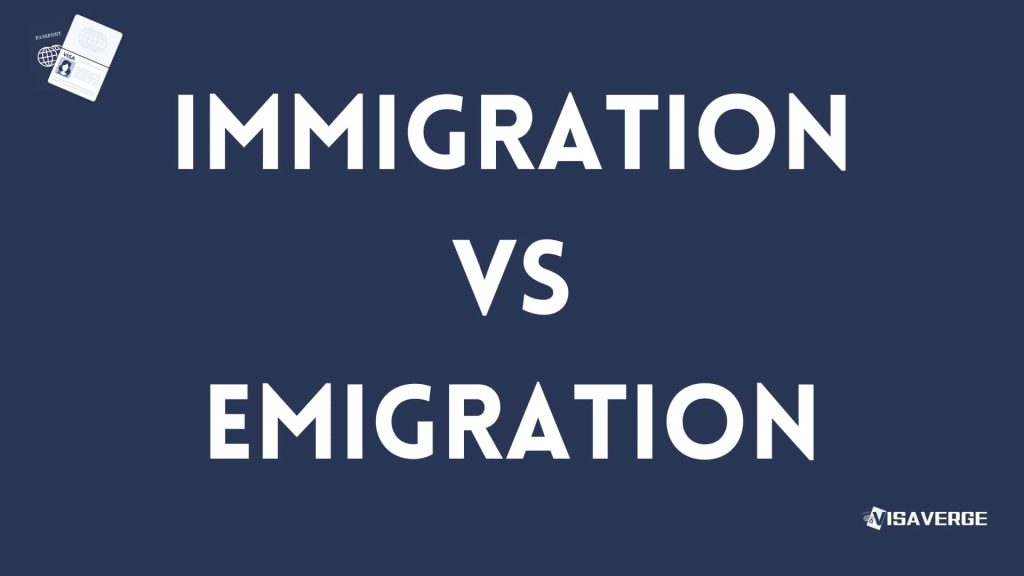(TENNESSEE) Tennessee Governor Bill Lee has ordered the state’s National Guard to help U.S. Immigration and Customs Enforcement (ICE) with administrative work at ICE processing centers. This decision, made in early August 2025, marks the first time Tennessee has used its National Guard for immigration enforcement support, showing a major shift in the state’s approach to federal immigration operations.

Key Developments and What’s Changing
On August 4, 2025, Governor Lee officially authorized the Tennessee National Guard to assist ICE. The Guard members are not making arrests or patrolling streets. Instead, they are handling paperwork, data entry, and other office tasks at ICE centers. This move allows ICE agents to focus more on field operations, such as detaining and processing undocumented immigrants.
This action comes as Tennessee rapidly expands its cooperation with ICE. In just a few months, the number of local and state agencies working with ICE has jumped from 6 in April 2025 to 23 by August. In 2020, only two agencies had such agreements. Now, major state departments like the Tennessee Department of Safety and Homeland Security and the Tennessee Department of Correction are directly involved.
Types of ICE Partnerships in Tennessee
Tennessee law enforcement agencies now use three main types of ICE agreements under the federal 287(g) program. This program lets local officers help with certain immigration enforcement tasks after special training. Here’s how it works in Tennessee:
- 📋 Jail Enforcement Model: Corrections officers in seven counties and the Department of Correction can check immigration status and start removal processes for people already in jail.
- 📋 Warrant Service Officer Model: Officers in thirteen agencies can serve ICE warrants to people in jail.
- 📋 Task Force Model: This is the strictest approach. Officers can question and detain people based on immigration status during patrols, even if there’s no criminal charge. Only Putnam County and the Department of Safety and Homeland Security use this model.
National Guard members are not involved in any of these enforcement actions. Their role is limited to administrative support at ICE facilities.
Recent Enforcement Activity and Data
ICE has stepped up its efforts in Tennessee and across the United States 🇺🇸 in 2025. In the first half of the year, ICE arrested over 66,000 undocumented immigrants nationwide and deported more than 65,000, focusing on those with criminal records. In Tennessee, a recent operation led by the Department of Homeland Security and the Tennessee Highway Patrol resulted in the arrest of nearly 200 undocumented immigrants in Nashville, many with violent crime or gang convictions.
The sharp increase in ICE partnerships means more local officers are now involved in immigration enforcement. This raises the chances that non-citizens in Tennessee could be detained or deported, even for minor offenses.
Stakeholder Views and Political Debate
Governor Bill Lee has strongly supported the National Guard deployment, saying it helps enforce the law and keep communities safe. U.S. Senator Marsha Blackburn, a Republican from Tennessee, also backs tougher immigration enforcement, arguing it is needed to reverse earlier federal policies.
However, not everyone agrees. Nashville Mayor Freddie O’Connell and other local leaders have criticized the increased ICE activity. They argue that it damages trust between immigrant communities and law enforcement, making people less likely to report crimes or cooperate with police.
Civil rights groups have raised concerns about possible racial profiling and whether deputized officers have enough training, especially under the task force model. They warn that these policies could lead to mistakes and unfair treatment of immigrants.
How the 287(g) Program Works
Under the 287(g) program, local agencies sign formal agreements with ICE, called Memoranda of Agreement (MOA). Officers then receive training and are allowed to perform certain immigration enforcement tasks. You can read more about the 287(g) program and see which agencies are involved on the official ICE website: ICE 287(g) Program.
National Guard members assigned to ICE centers do not have law enforcement powers. They focus on office work, helping with paperwork and logistics. This frees up ICE agents to spend more time in the field.
Historical Context and National Trends
Tennessee’s involvement in immigration enforcement has grown quickly in 2025. This change follows the return of President Trump to office in January 2025, which brought a push for more state and local help with federal immigration enforcement. Tennessee is now one of the most active states in this area.
Initial ICE agreements
Increase in ICE partnerships
Trump’s return to office
National Guard deployment authorized
Expansion of ICE partnerships
Before 2025, Tennessee had limited involvement in ICE operations. The recent policy shift has led to a fourfold increase in the number of agencies working with ICE in just a few months.
Implications for Immigrant Communities
The expansion of ICE partnerships and the use of the National Guard have real effects on immigrants in Tennessee. More local officers are now checking immigration status and helping with deportations. This can make daily life more stressful for immigrants, even those with legal status, as they may worry about being stopped or questioned.
Civil rights advocates say these changes could lead to more detentions and deportations, even for people with minor offenses or no criminal record. They also worry about the risk of racial profiling and whether officers have enough training to handle complex immigration laws.
Supporters’ Arguments
Supporters of the new policies, including the Tennessee Governor and Senator Blackburn, argue that these steps make communities safer. They point to recent ICE operations that have removed people with violent crime or gang backgrounds. They also say that using the National Guard for administrative work is a smart way to let ICE agents focus on more important tasks.
Critics’ Concerns
Opponents, including some local officials and civil rights groups, argue that these policies hurt community trust and may lead to unfair treatment of immigrants. They warn that local resources are being diverted from other important needs, such as public safety and social services.
Immigration law experts also question whether deputized officers have enough training to handle immigration enforcement, especially under the task force model, which gives them broad powers to question and detain people based on immigration status.
What’s Next?
The use of the National Guard and the rapid growth of ICE partnerships in Tennessee are expected to continue. More counties may join the 287(g) program, and enforcement activity could increase further. Legal challenges and political debates are likely, especially over the limits of state authority in federal immigration matters and the impact on immigrant communities.
As reported by VisaVerge.com, Tennessee’s approach is being closely watched by other states and by both supporters and critics of stricter immigration enforcement.
Practical Guidance for Affected Individuals
- ✅ If you or someone you know is affected by these changes, it’s important to know your rights and seek legal advice if needed.
- ✅ Stay informed about which local agencies are working with ICE and the types of agreements in place.
- ✅ For more information on the 287(g) program and your rights, visit the official ICE 287(g) page.
Tennessee’s new policies mark a major change in how the state handles immigration enforcement. The debate over these actions is likely to continue, with important consequences for immigrants, law enforcement, and communities across the state.
This Article in a Nutshell













